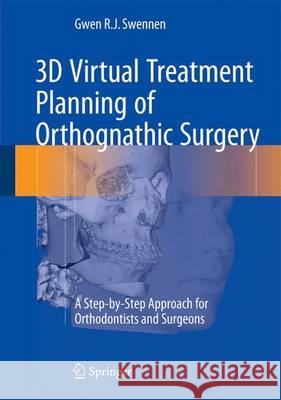3D Virtual Treatment Planning of Orthognathic Surgery: A Step-By-Step Approach for Orthodontists and Surgeons » książka
topmenu
3D Virtual Treatment Planning of Orthognathic Surgery: A Step-By-Step Approach for Orthodontists and Surgeons
ISBN-13: 9783662473887 / Angielski / Twarda / 2016 / 568 str.
3D Virtual Treatment Planning of Orthognathic Surgery: A Step-By-Step Approach for Orthodontists and Surgeons
ISBN-13: 9783662473887 / Angielski / Twarda / 2016 / 568 str.
cena 928,04
(netto: 883,85 VAT: 5%)
Najniższa cena z 30 dni: 886,75
(netto: 883,85 VAT: 5%)
Najniższa cena z 30 dni: 886,75
Termin realizacji zamówienia:
ok. 16-18 dni roboczych.
ok. 16-18 dni roboczych.
Darmowa dostawa!
3D Virtual Treatment Planning of Orthognathic Surgery











